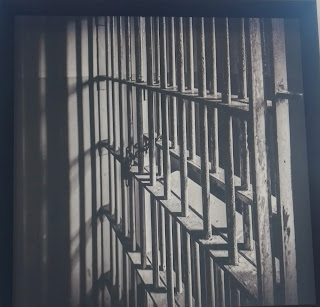Colonial Jails and Detention Camps of British India: Untold Stories of Resistance

Silence That Spoke Louder Than Guns ⚔️ Oppressors, the Oppressed, and Colonial Prisons People come from all walks of life—rich, poor, educated, or uneducated. Yet history often divides humanity into two broad groups: oppressors and the oppressed. During the colonial era, powers like the British Empire became the oppressors, while nations like India carried the heavy chains of oppression. India’s struggle for freedom was not limited to protests, fiery speeches, or rallies on busy streets. Some of its most painful and powerful stories were written behind locked doors—inside the dark and isolated cells of British colonial jails and detention camps. After the Sepoy Mutiny of 1857, the British tightened their grip on India, building more prisons to crush resistance. Following the Partition of Bengal in 1905, these prisons became tools of fear and punishment. Gallows were built inside jail compounds, turning them into execution grounds for revolutionaries. On 11 August 1908, young Khudiram...
